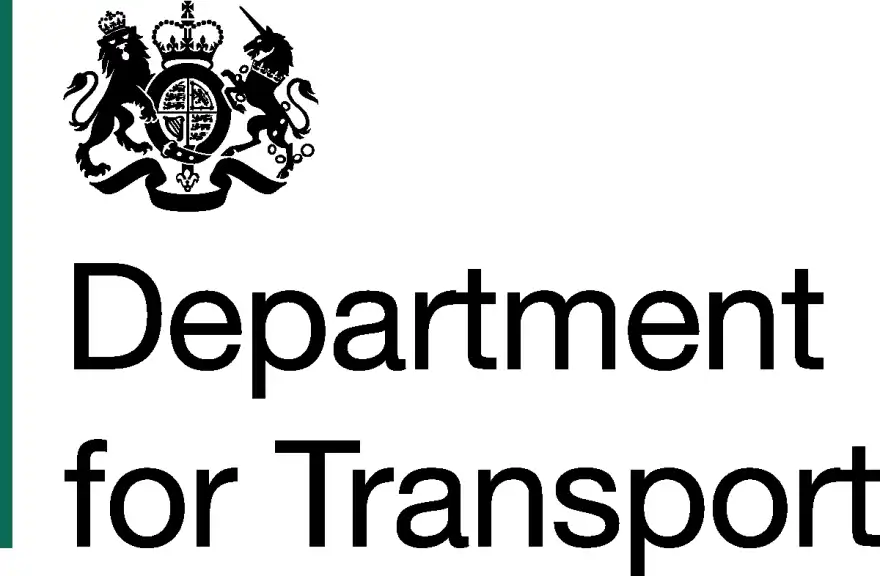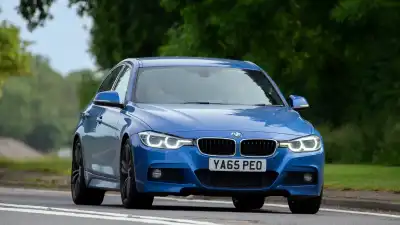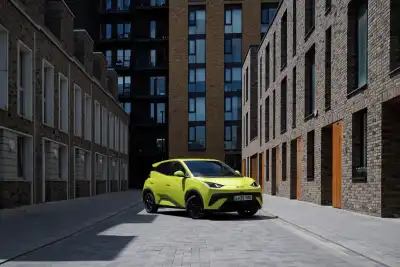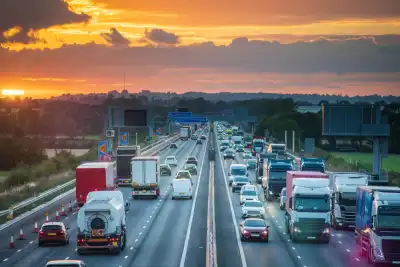
A BBC investigation has revealed that the DfT, the UK government department overseeing the phasing out of diesel cars, still relies on them for over half of its own fleet.
Critics have understandably said Grant Shapps and his team should be leading by example, especially when so much pressure is being put on car makers and motorists around the country to make the switch to cars which are less environmentally damaging.

Figures obtained by the BBC under a Freedom of Information Act show the DfT operates 1,234 cars - 672 (54%) run on diesel, 63 (5%) on petrol, with the rest electric or hybrid, although only 3% were fully electric.
The sale of new diesel and petrol cars is to be banned from 2030, under plans to tackle climate change.
The department said it had "already exceeded" a government-wide target to electrify more than a quarter of its fleet by next year.
970 of the vehicles are operated by the Driver and Vehicle Standards Agency, responsible for driving tests and lorry and bus safety.
The Maritime and Coastguard Agency, which has search and rescue ports around the UK, have a large proportion of diesel powered vehicles in its fleet, with 84% running on the fuel.
The government is under pressure to improve its green credentials, as well as urging other world leaders to do the same, ahead of the Glasgow conference.
It has set a target to make all its 40,000 or so cars and vans electric by 2027, and electrify at least a quarter of the central government fleet by next year.
The Campaign for Better Transport said the figures obtained by the BBC showed an "obvious inconsistency" with its drive to phase out diesel and petrol cars more widely.




